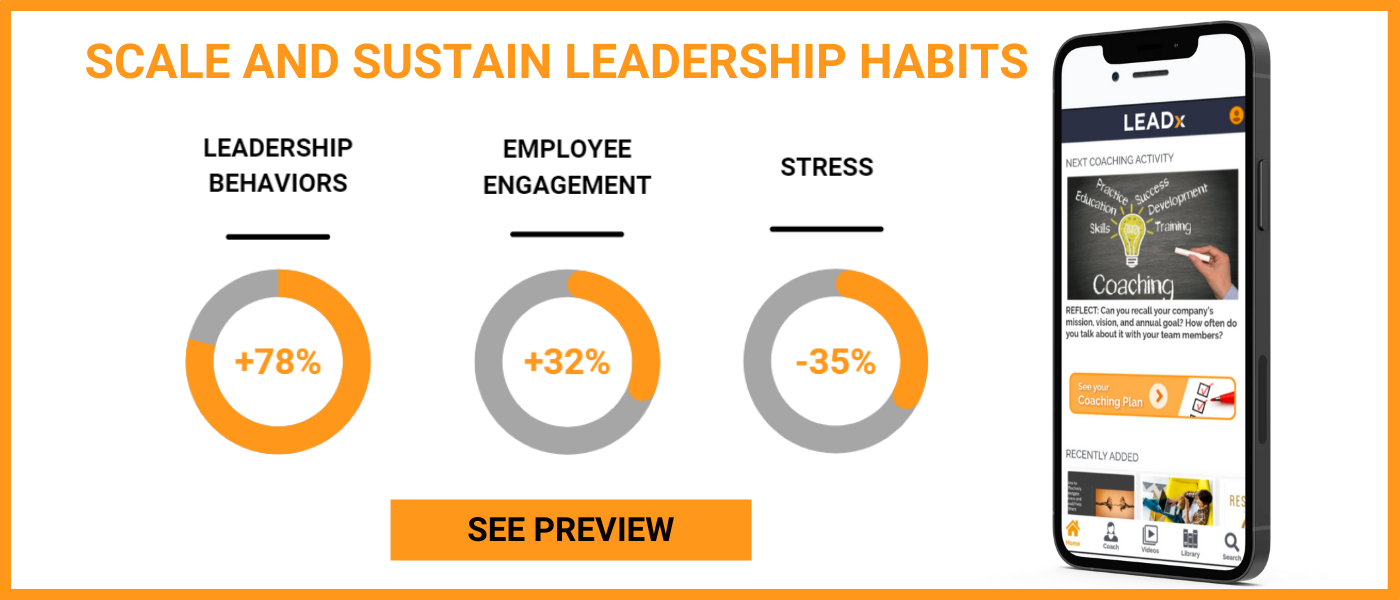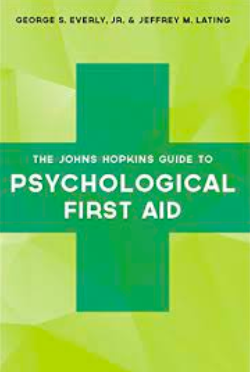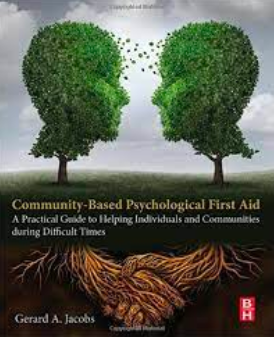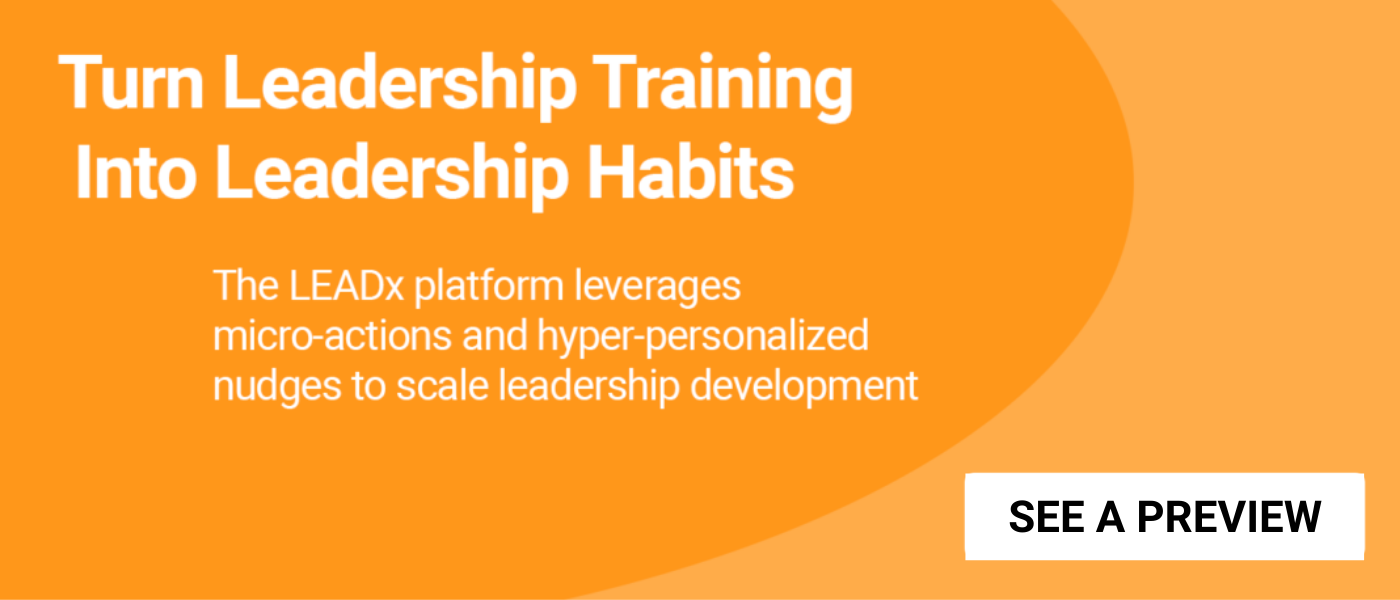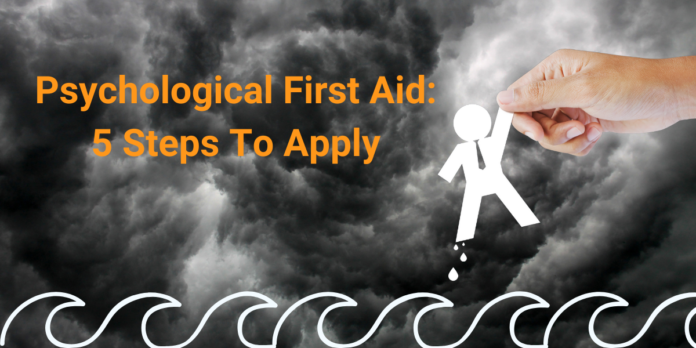
When you fall and skin your knee, you likely don’t even think about the basic precautions you take. You wash your wound, use antibacterials to disinfect, and put on a band-aid to avoid reopening the wound or getting it dirty.
That’s basic first aid. It’s incredibly simple, but it can save you a nasty infection.
Psychological first aid works in a similar way. Psychological first aid is not as deep a dive as counseling, and it’s not a beginning-to-end recovery process, but done well, it can help people start a healthy recovery process. It’s simple yet impactful.
 What Is Psychological First Aid?
What Is Psychological First Aid?
Psychological first aid is about helping people understand and begin to cope with their distress during and immediately after a distressing event. By beginning to help someone cope, you can help them begin a healthy recovery process sooner.
Psychological first aid is about reducing stress symptoms and assisting in a healthy recovery. Its effectiveness is well-researched and the 5-step process is evidence based.
What Is Psychological First Aid NOT?
Psychological first aid is not professional counseling or something that only experts can do. It’s also not psychological debriefing, where you discuss the event itself in detail. Though “what happened” and “what they’re feeling” tend to surface naturally during psychological first aid, your goal isn’t to go through details or a timeline, and you shouldn’t pressure someone to share their feelings.
Instead, your goal is to help people feel safer, calmer, more supported, more in control, and more hopeful.
Psychological first aid is also not a “fix-all” for everyone. During a crisis, there will be people who need experts, not psychological first aid. The World Health Organization’s Psychological First Aid Guide says to look out for the following signs that someone needs immediate, professional help:
- People with serious injuries.
- People who are too upset to take of themselves or their dependents.
- People who could hurt themselves.
- People who could hurt others.
The 5 Steps of Psychological Aid
Research shows that these five components are key to a successful approach to psychological first aid.
- Sense of Safety. To create a sense of safety for the person you’re supporting, your goal is to help them feel less vulnerable. Direct them to the support they need—food, water, shelter, clothes. These basic human needs are a necessary foundation for safety. Offer practical advice like where nearby food banks are, how they can donate blood, and well-sourced, fact-based information about what’s actually going on. People derive a sense of control from being informed.
- Sense of Calm. Helping to establish a sense of calm is a matter of providing emotional support. The key is to remember that this is not about judging people’s emotions or trying to change their emotions. It’s also not about telling them what to feel or how to feel. Emotional support is about listening carefully as someone tells you how they feel. It may help to think of emotions as data, informing you of where the other person is at. Data can’t be “right” or “wrong.” It’s just information. To help create an environment of calm, try to stay close to the other person. Don’t pressure them to talk. Listen carefully and empathetically. They may want to talk about what happened, or they may not. Be prepared either way. Try to keep your tone soft and your body language open and relaxed. Remind them that they’re safe and that you’re here to help them.
- Sense of Control. It’s really common during a crisis for people to feel helpless. Help show them that they’re in control by helping them brainstorm something specific. Help them think about a neighbor or friend they might be able to help or a first step they want to take moving forward. This might mean helping a friend clean their front yard or home after a disaster, or donating blood at a nearby Red Cross truck. Small steps forward help people regain a sense of purpose and meaning. Don’t undervalue how these little gestures can help someone in a big way.
- Social Connection. People often feel isolated and alone after a disaster. Try to steer people away from only observing what’s happening on social media. Help them brainstorm people to reach out to, by phone, Zoom, or in-person. Ask if there are people nearby they could meet up with. Any kind of social support is helpful; it doesn’t have to be a group of people going through the same thing. It can be a book or sports club. The point is to stay social and connected as they cope with a difficult time.
- Hope. Lastly, offer people a sense of hope. Remind them that humanity has made it through difficult times before and that things will get better. People are resilient. Often, people of a specific religion or spirituality can derive a lot of hope from their faith. If they share that they’re of a certain religion, help direct them to relevant support if it’s available.
Sources:
- MN State Health: 5 Components of Psychological First Aid
- These 5 Elements Can Help Psychological Recovery After A Crisis
Examples of Psychological First Aid
Burnout and Mental Health After 9/11. In one of our interviews with leadership development professionals, we spoke with Tom Bigda-Peyton, the Chief Learning Officer and VP of Organizational Development at Catholic Health. He has decades of experience with psychological first aid and other forms of psychological support. He shared how the FAA received support during and immediately following 9/11. Other people and first responders, like firefighters, didn’t receive the same degree of support. Nine months after the fact, people who didn’t receive that initial support started to become more irritable and resentful at work. They showed signs of mental distress. Those in the FAA showed significantly lower rates of mental distress. The point being, psychological first aid may not always have an immediately obvious and impactful outcome. Typically, the support starts a process of healthy coping, and it takes time to see results.
Mental Health after the earthquake in Haiti. While natural disasters often spur mass efforts to rebuild infrastructure and supply medical care and food, it’s essential that psychological aid be seen as an equally important component of a city or country’s recovery. As Dr. Sandro Galea, the dean of Boston University’s School of Public Health, wrote in an interview after the Haiti earthquake: “psychological first aid is key to giving people what they need to rebuild their lives. If people are not able to return to mental functioning, it results in the delay in return to well-being and building society.”
Psychological First Aid Books and Additional Resources
There’s a lot of depth to the research and information on psychological first aid. To learn more, and to take a deeper dive into how to tactically approach a psychological first aid conversation, check out the resources below.
- The Johns Hopkins Guide to Psychological First Aid. Drs. George Everly and Jeffrey Lating introduce their RAPID model for psychological first aid. They draw on examples from their experience teaching the model around the world across a number of disasters.

- Community-Based Psychological First Aid: A Practical Guide to Helping Individuals and Communities during Difficult Times. Gerard Jacobs has worked on his community-based method of psychological first aid for 20 years and across 30 countries. His book highlights the importance and value of activating your community to provide psychological first aid to each other.

- Psychological first aid: Guide for field workers by the World Health Organization (WHO). The WHO covers psychological first aid in great detail, breaking down steps, tactical nuances and considerations, and case examples.
- Free Online Course on Coursera: Psychological First Aid by Dr. George Everly Jr. (author of The Johns Hopkins Guide to Psychological First Aid). The author’s online course follows the same process as his book but through video lessons.
- The American Psychological Association’s list of recommended resources on psychological first aid. Includes apps and methods specific to children and first responders.
Don’t Forget to Practice Self-Care
Dr. George Everly, a Johns Hopkins psychologist and author of The Johns Hopkins Guide to Psychological First Aid, said the following about psychological first aid and self-care:
[One] question that I sometimes get is, does this work take a toll on the people who do it? And the answer is yes it does, or at least it can, let's put it that way. Words like burnout, compassion, fatigue, vicarious trauma, those are terms that apply to the people who actually provide support in the field.
To support yourself during and after providing psychological support to others, Dr. Everly recommends falling back on the basics of self-care. Make sure you’re getting sleep, exercising, and not overdoing it on substances (like coffee or alcohol). Monitor yourself for burnout. Take breaks. Don’t be a perfectionist. Practice mindfulness and breathing to slow yourself down.
Sources:


